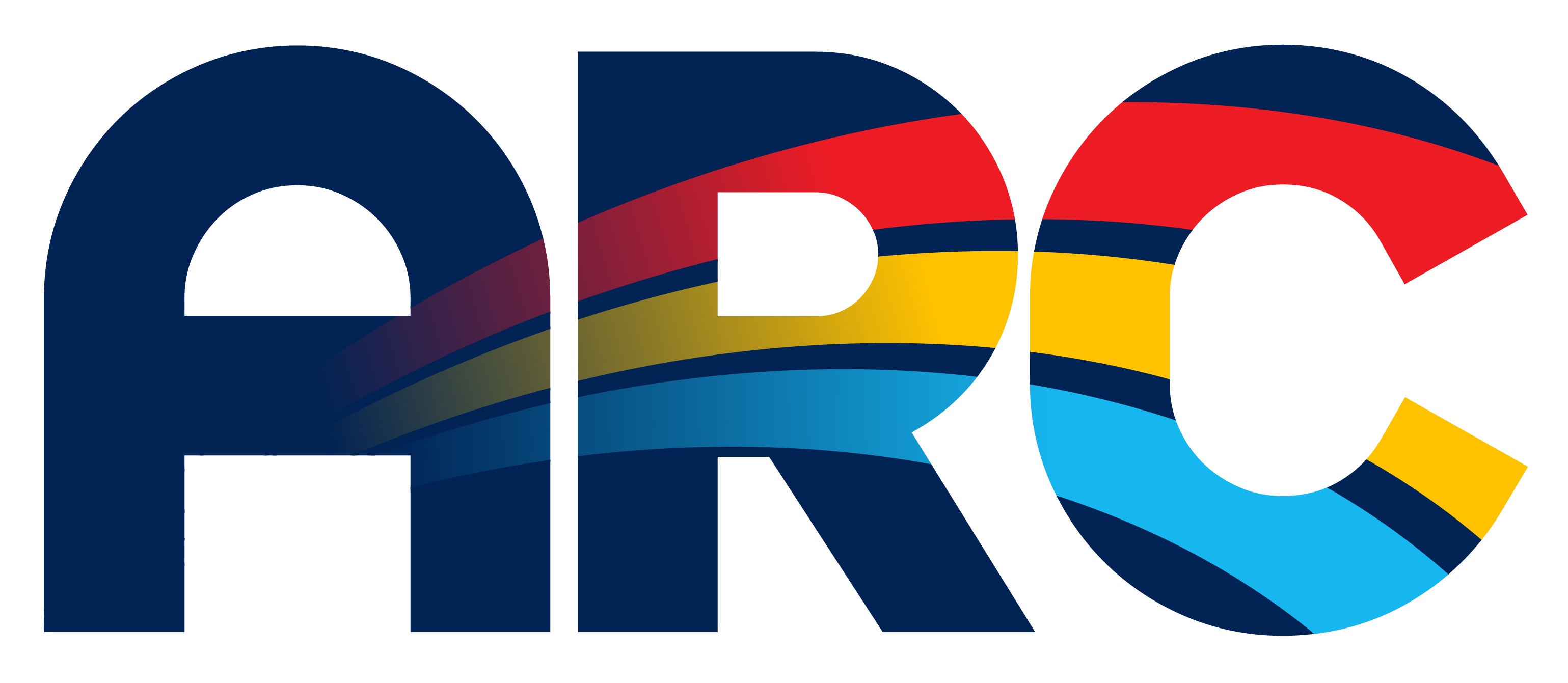Psychological Perceptions of Disaster Misconceptions: Exploring the Acceptance of Disaster Myths in Relation to Psychological Well-being, Resilience and Conspiracist Ideation
Presenter Status
Graduate Student, Department of Graduate Psychology & Counseling
Second Presenter Status
Chair, Department of Behavioral Sciences
Third Presenter Status
Professor of Psychology, Department of Behavioral Sciences
Presentation Type
Oral Presentation
Location
Buller Hall, Room 250
Start Date
23-5-2019 4:30 PM
Presentation Abstract
This exploratory study examined psychological wellness and resilience as predictors of conspiracist beliefs, disaster response beliefs, and disaster misconceptions beliefs. Data was collected from 300 participants through Amazon’s MTurk, who completed a demographic questionnaire; for "Misconception Measures" the Myth and Misconception Propositions about Disasters Questionnaire (Alexander, 2007), Beliefs about Disaster Response (Wenger et al., 1975), and Generic Conspiracist Beliefs Scale (Brotherton et al., 2013); for "Resilience Measures" the 10-item Connor-Davidson Resilience Scale (Campbell-Sills & Stein, 2007), Beliefs about Resilient Behaviors subscale from the Behavior in Mass Emergencies Questionnaire (Drury et al., 2013); and for "Psychological Wellness" the 2-item Perceived Stress Scale (Buchanan & McConnell, 2017), Spiritual Well-Being Scale (Paloutzian & Ellison, 1991), Brief Symptom Inventory 18 (Degrogatis, 2000), and 10-item Personality Inventory (Gosling et al., 2003). The Mage of participants was 33.6 years (SD = 10.0), ranging between 18 and 68 years. Hierarchical regressions revealed that stress, media use, resilience, disaster response beliefs, and disaster misconceptions beliefs contributed significantly to one or more models predicting disaster response beliefs (R2 = .64), disaster misconceptions beliefs (R2 = .56) and conspiracist beliefs (R2 = .35). One implication is that stress could be managed in order to decrease these beliefs.
Biographical Sketch
Rachelle Pichot graduated from Andrews University 2018 and has been blessed with the opportunity to continue research projects with Dr. Burnett and Dr. Bailey.
Psychological Perceptions of Disaster Misconceptions: Exploring the Acceptance of Disaster Myths in Relation to Psychological Well-being, Resilience and Conspiracist Ideation
Buller Hall, Room 250
This exploratory study examined psychological wellness and resilience as predictors of conspiracist beliefs, disaster response beliefs, and disaster misconceptions beliefs. Data was collected from 300 participants through Amazon’s MTurk, who completed a demographic questionnaire; for "Misconception Measures" the Myth and Misconception Propositions about Disasters Questionnaire (Alexander, 2007), Beliefs about Disaster Response (Wenger et al., 1975), and Generic Conspiracist Beliefs Scale (Brotherton et al., 2013); for "Resilience Measures" the 10-item Connor-Davidson Resilience Scale (Campbell-Sills & Stein, 2007), Beliefs about Resilient Behaviors subscale from the Behavior in Mass Emergencies Questionnaire (Drury et al., 2013); and for "Psychological Wellness" the 2-item Perceived Stress Scale (Buchanan & McConnell, 2017), Spiritual Well-Being Scale (Paloutzian & Ellison, 1991), Brief Symptom Inventory 18 (Degrogatis, 2000), and 10-item Personality Inventory (Gosling et al., 2003). The Mage of participants was 33.6 years (SD = 10.0), ranging between 18 and 68 years. Hierarchical regressions revealed that stress, media use, resilience, disaster response beliefs, and disaster misconceptions beliefs contributed significantly to one or more models predicting disaster response beliefs (R2 = .64), disaster misconceptions beliefs (R2 = .56) and conspiracist beliefs (R2 = .35). One implication is that stress could be managed in order to decrease these beliefs.



